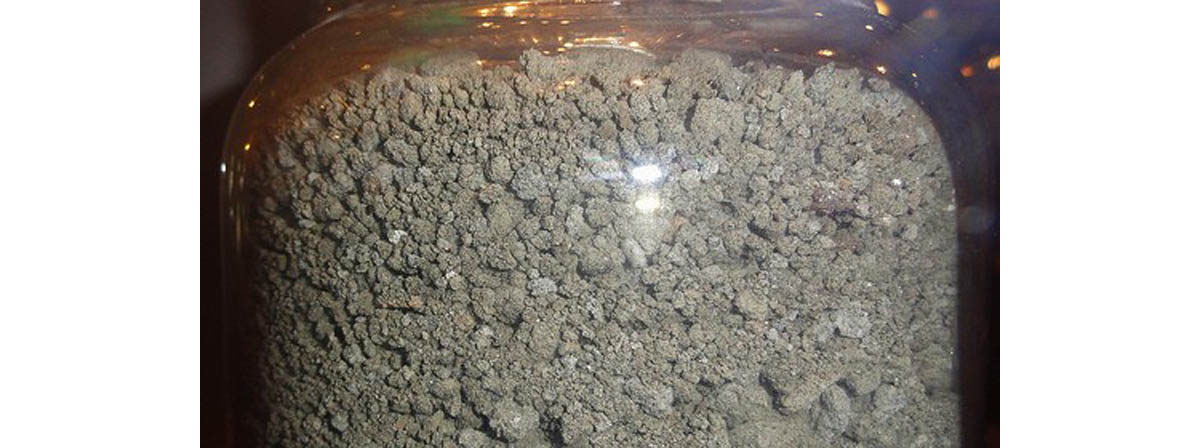Table of Contents
Phosphate, it turns out, can cause a variety of problems for cardiovascular health even at levels considered "normal" in traditional blood testing, and even in people who don't have kidney disease. A series of studies have found that increasing levels of phosphate in the bloodstream causes increasing risk of:

- Calcification in coronary arteries,
- Stiffness in blood vessels,
- Carotid artery disease, and
- Left ventricular hypertrophy.
If your coronary arteries (the arteries that provide blood to your heart) are calcified and stiff, they are less able to expand when your blood pressure rises and more likely to trap a blood clot, potentially causing a heart attack. If blood vessels anywhere in your body are stiff, you are at increased risk for high blood pressure. Carotid artery disease can cause a predisposition to stroke, and left ventricular hypertrophy, usually an indicator of years of poorly controlled blood pressure, eventually causes the heart to fail to pump with as much pressure as it needs.
Researchers have found that the effects of too much phosphate in the diet are cumulative. The longer you have eaten a diet rich in high-phosphate foods (especially deli meats, organ meats, cheese, and smoked fish), the more likely you are to have cardiovascular disease. The effects of phosphate in the diet seem to be more severe in men than in women.
Just how much difference do high phosphate levels make in your risk of developing heart disease? A study of 3,368 people (in the Framingham Offspring Study) who didn't have heart disease at the beginning of the study found that those who had the highest bloodstream levels of phosphate 16 years later had about a 55% greater risk of heart disease.
The highest levels of phosphate in people in this study were only about 25% higher than the lowest. There are many reasons people may have higher or lower levels of phosphate in their bloodstreams, especially kidney disease, but the net effect here was roughly equivalent to consuming 300 mg more phosphate per day. How would you get that much phosphate?
- Consuming 3 liters of diet soda per day (which is not uncommon).
- Eating an additional 3-1/2 oz (100 g) of deli meat or cheese per day (which is also not uncommon, due to the popularity of high-protein diets such as Atkins and South Beach).
- Eating 3 American-style biscuits (the bread, not the sweet) per day.
- Taking a nutritional supplement that contains 300 mg of calcium diphosphate (a whitening agent) every day.
Please understand that we are not telling you that nutritional supplements cause heart disease. However, we do suggest that you avoid any daily mineral supplement that is labeled as containing calcium diphosphate. Typically, these would be mineral supplements that are round, white pills.
Unless you have kidney disease, there is no reason to go on a low-phosphorus diet. Plant and animal foods provide phosphorus, but organic phosphorus is only 60 to 70% absorbed. It is the inorganic phosphate added in food processing that is the problem.
Eliminate this risk factor for cardiovascular disease by avoiding excessive consumption of highly processed meat and cheese, by limiting the consumption of soft drinks to one or two a day, and by choosing nutritional supplements carefully, reading the label for all their ingredients, not just the nutrients you need.
- Dhingra R, Sullivan LM, Fox CS, Wang TJ, D'Agostino RB Sr, Gaziano JM, Vasan RS. Relations of serum phosphorus and calcium levels to the incidence of cardiovascular disease in the community. Arch Intern Med. 2007 May 14. 167(9):879-85.
- Gutiérrez, Orlando M. Increased serum phosphate and adverse clinical outcomes: unraveling mechanisms of disease. Current Opinion in Nephrology & Hypertension: May 2011 - Volume 20 - Issue 3 - p 224–228. doi: 10.1097/MNH.0b013e328343ea70.
- Photo courtesy of Joint Base Lewis McChord by Flickr : www.flickr.com/photos/jblmpao/7268233136/
- Photo courtesy of Melissa Wilkins by Flickr : www.flickr.com/photos/melissambwilkins/8444130793/

